Can You Keep Your Wisdom Teeth?

Exploring the Viability of Keeping Wisdom Teeth
Wisdom teeth, known as the third molars, typically emerge in late adolescence or early adulthood. This article examines whether it's feasible to keep these teeth without complications. While traditional dental practices often advocated for their extraction, modern dentistry offers more nuanced guidance. We delve into when it's appropriate to keep wisdom teeth and the potential risks of doing so.
Is it Common to Keep Your Wisdom Teeth?

Prevalence of People Keeping Wisdom Teeth
Yes, it is becoming more common for individuals to retain their wisdom teeth, provided they are healthy, fully erupted, and do not pose issues for adjacent molars. Approximately 35% of people may even be born with missing wisdom teeth, indicating a genetic variation in dental development. When wisdom teeth are well-positioned and do not cause overcrowding, many dental professionals may advise keeping them.
Historical vs. Current Dental Practices
Historically, many dentists recommended the extraction of all wisdom teeth to prevent overcrowding and complications such as impaction and infection. This practice stemmed from an understanding that most people do not have sufficient space in their jaws for these teeth. However, advancements in dental health practices now allow for a more individualized approach that considers the specific conditions of each patient's teeth. Instead of a blanket recommendation for removal, current dental practices assess each case carefully.
Signs Indicating Removal
Several signs can indicate the need for wisdom tooth extraction:
- Pain or Sensitivity: Persistent discomfort can signal problems with wisdom teeth.
- Jaw Stiffness: This may indicate nearby tooth or jaw issues.
- Gum Inflammation: Swollen gums around wisdom teeth could suggest infection.
- Persistent Bad Breath: This may indicate underlying infection or decay nearby.
Regular dental visits and monitoring through X-rays remain crucial for assessing the health of wisdom teeth. This tailored approach helps ensure that individuals only undergo extraction when truly necessary and can avoid unnecessary surgical procedures.
Identifying the Arrival of Wisdom Teeth

How can I tell if my wisdom teeth are coming in?
To tell if your wisdom teeth are coming in, look for common signs such as:
- Jaw Pain: This can range from a dull ache to sharp discomfort.
- Swelling and Tenderness: Noticeable around your gums, especially at the back of your mouth.
- Mouth Opening Difficulties: You may find it challenging to fully open your mouth.
- Bad Breath or Unpleasant Taste: Often caused by food particles getting stuck around partially erupted teeth.
- Bleeding Gums: If you notice bleeding along with pain or swelling, this could indicate an infection and warrants a dentist visit.
Symptoms typically appear as wisdom teeth start to erupt, usually between the late teens and early twenties. However, it's important to note that not everyone develops wisdom teeth.
Age range for eruption
Wisdom teeth, also known as third molars, usually emerge between the ages of 17 and 25. Regular dental check-ups during this period are essential, as many individuals face complications with wisdom teeth in their late teens to early twenties.
When to consult a dentist
If you experience any symptoms related to wisdom teeth coming in, such as pain, swelling, or difficulty opening your mouth, it's crucial to consult a dentist. Early evaluation can help prevent potential complications.
Health Risks of Retaining Wisdom Teeth

What are the potential health risks if wisdom teeth are not removed?
Keeping wisdom teeth can lead to several health issues, particularly if they are impacted or not properly aligned. When wisdom teeth do not have enough space to emerge, they may become trapped in the jaw, leading to pain and discomfort. Additionally, impacted wisdom teeth increase the risk of infections, as they can be challenging to clean, leading to plaque accumulation.
Complications associated with these conditions include:
- Cavities: Wisdom teeth that are hard to reach can develop decay that may spread to neighboring teeth.
- Gum Disease: Accumulated plaque can irritate the gums, resulting in inflammation, which can advance to periodontal disease if not addressed.
- Cysts Formation: In some cases, cysts can develop around impacted wisdom teeth, posing a risk of damaging the jawbone and surrounding structures.
The lack of regular dental check-ups may delay the detection of such issues. Through routine evaluations, dentists can monitor wisdom teeth and identify potential complications early on. If any of these problems arise, extraction may become necessary to prevent further complications, making early intervention advantageous. Regular X-rays and dental visits can facilitate timely assessments, ensuring that individuals retain healthy teeth while avoiding the risks associated with retaining problematic wisdom teeth. For those with concerns about their wisdom teeth, consulting a dental professional is vital for personalized guidance.
Evaluating the Drawbacks of Wisdom Teeth Removal

What are the disadvantages of removing wisdom teeth?
Removing wisdom teeth can carry various disadvantages, particularly related to surgical risks, recovery challenges, and the potential for unnecessary surgery.
Surgical Risks
The procedure involves risks typical of any surgery, including:
- Dry Socket: A painful condition where a blood clot fails to form after extraction.
- Infection: There’s a risk of developing infections at the surgical site.
- Nerve Damage: Potential damage to nearby nerves may lead to numbness or altered sensation.
This means that while extraction can prevent future dental problems, these risks may outweigh the current condition of the wisdom teeth, especially if they are not causing pain or discomfort.
Recovery Challenges
Recovery from wisdom teeth extraction can be complicated. Older individuals, in particular, may experience:
- Longer Healing Time: Compared to younger patients, older adults typically face a more prolonged recovery due to denser bone structure.
- Post-operative Discomfort: Pain, swelling, and bleeding are common, making the recovery process challenging.
Unnecessary Surgery Considerations
Additionally, many may undergo unnecessary surgery if their wisdom teeth are healthy and properly positioned. Even asymptomatic wisdom teeth could harbor issues like inflammation or decay, but extracting them without necessary cause can lead to complications:
- Pain from Surgery: Caused by extraction itself.
- Potential for Hidden Issues: Over time, healthy teeth can develop problems that wouldn’t warrant removal now.
Consultation with a dental professional is critical to evaluate these factors and make informed decisions about wisdom teeth extraction.
Deciding Whether to Keep Asymptomatic Wisdom Teeth

Criteria for retention
You can keep your wisdom teeth if they do not hurt, as long as they are healthy, fully erupted, correctly positioned, and can be cleaned properly. It is important to note that even asymptomatic wisdom teeth may need to be removed if they are impacted or at risk of causing future complications, such as misalignment or damage to adjacent teeth.
Dentist advice on asymptomatic teeth
Dentists often recommend preventive removal, particularly for younger patients aged 15 to 22. This is due to a higher likelihood of complications arising from wisdom teeth as a person ages. Regular dental exams and monitoring with X-rays can help assess the health of your wisdom teeth, ensuring any potential issues are caught early.
Importance of regular monitoring
Maintaining good oral hygiene and scheduling regular check-ups are crucial for deciding whether to keep or remove wisdom teeth. If there are no signs of problems and the teeth can be cleaned effectively, then retaining healthy wisdom teeth may be beneficial. However, continued evaluation is essential to address any changes in the state of your wisdom teeth, which could affect your overall dental health.
Making an Informed Decision About Wisdom Teeth
In conclusion, whether to keep or remove your wisdom teeth is a decision that should be made with care, taking into account individual dental health, the advice of professionals, and the specific dynamics of your mouth. While the retention of healthy wisdom teeth might offer benefits, such as supporting dental structure and jawbone health, the potential risks of leaving problematic wisdom teeth unattended could invite serious complications. Therefore, regular assessments by a dental professional are imperative to guide this important health decision effectively.
References
- Wisdom Teeth: Can I Keep Mine? - Premier Dental of Ohio
- Wisdom teeth removal: When is it necessary? - Mayo Clinic
- Benefits of Keeping Your Wisdom Teeth | Natural Dentist Associates
- Why Experts Say No to Wisdom Teeth Removal? - Atrium Dental
- Benefits of Keeping Wisdom Teeth: An In-depth Analysis
- Should You Keep or Remove Your Wisdom Teeth?
- Wisdom Teeth: Function, Location & Anatomy - Cleveland Clinic
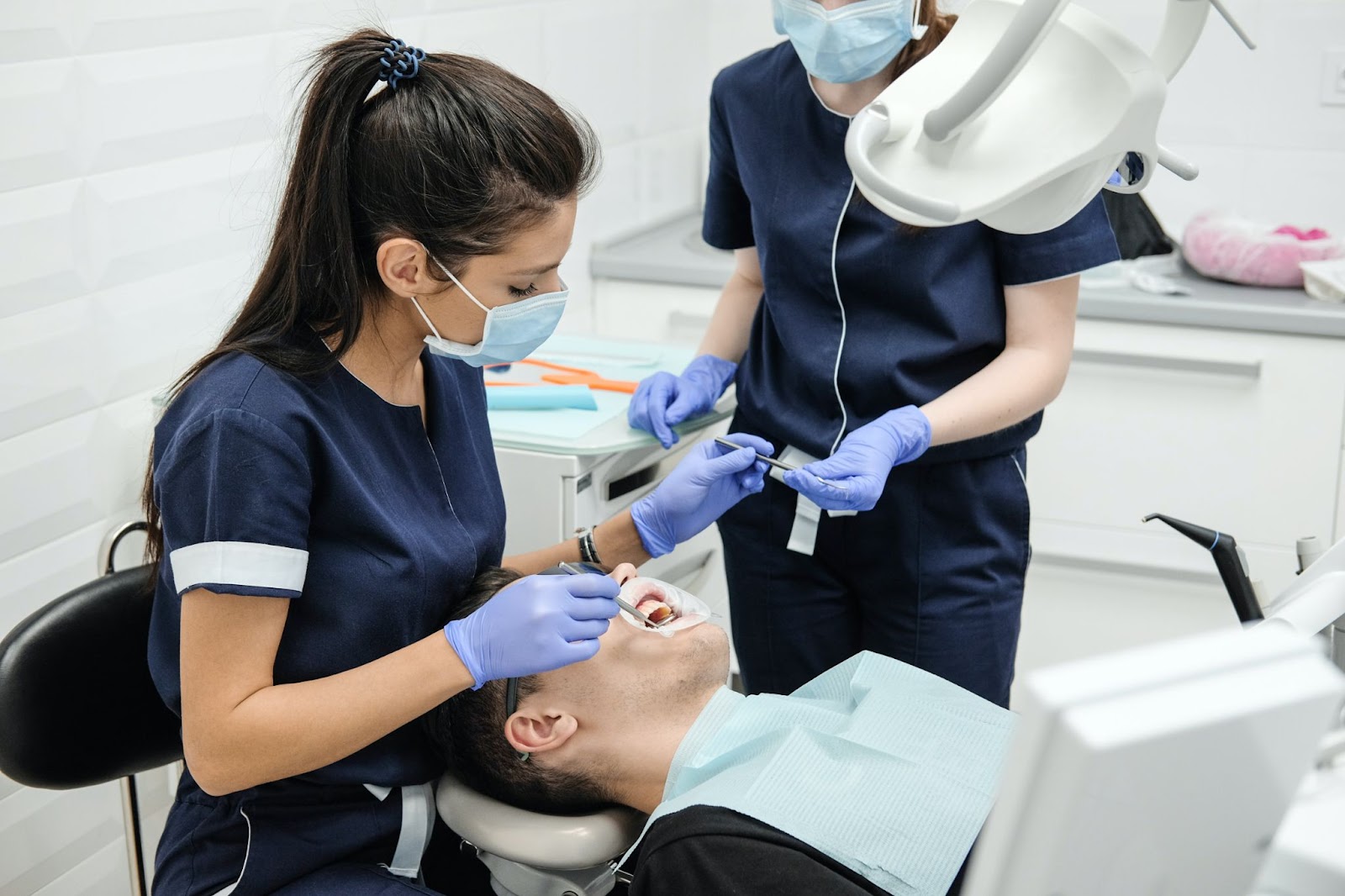





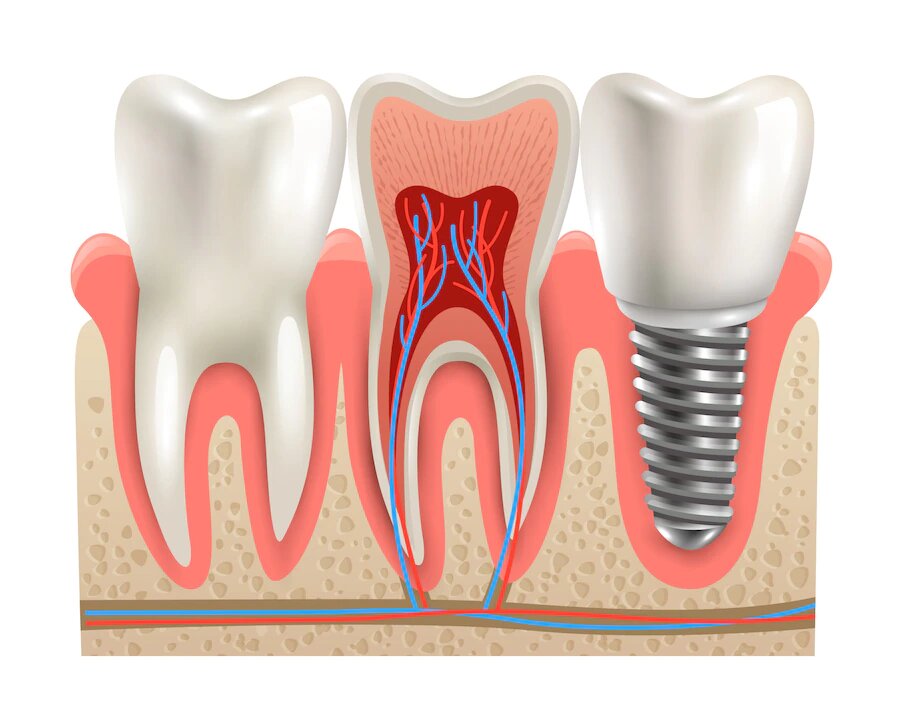
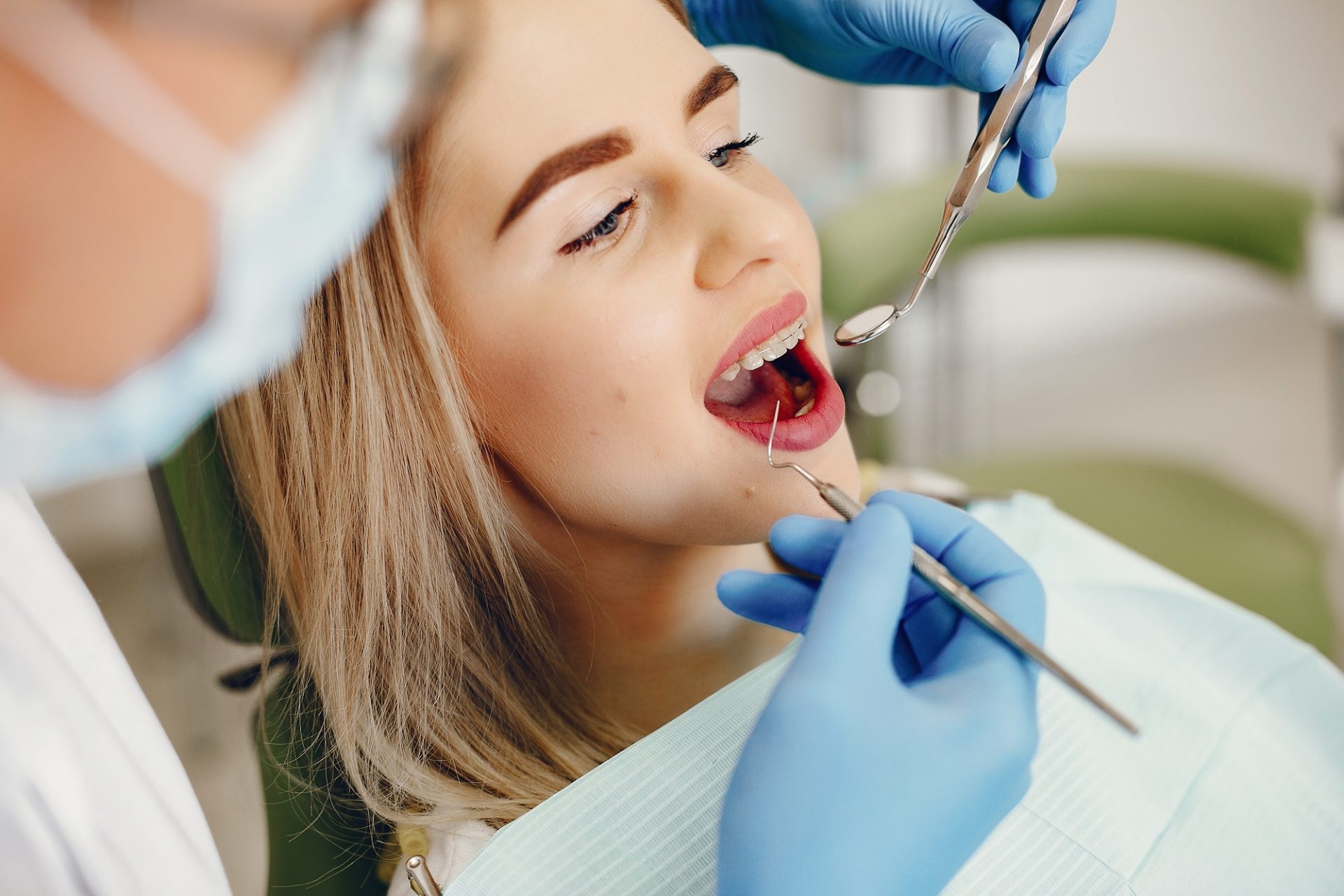









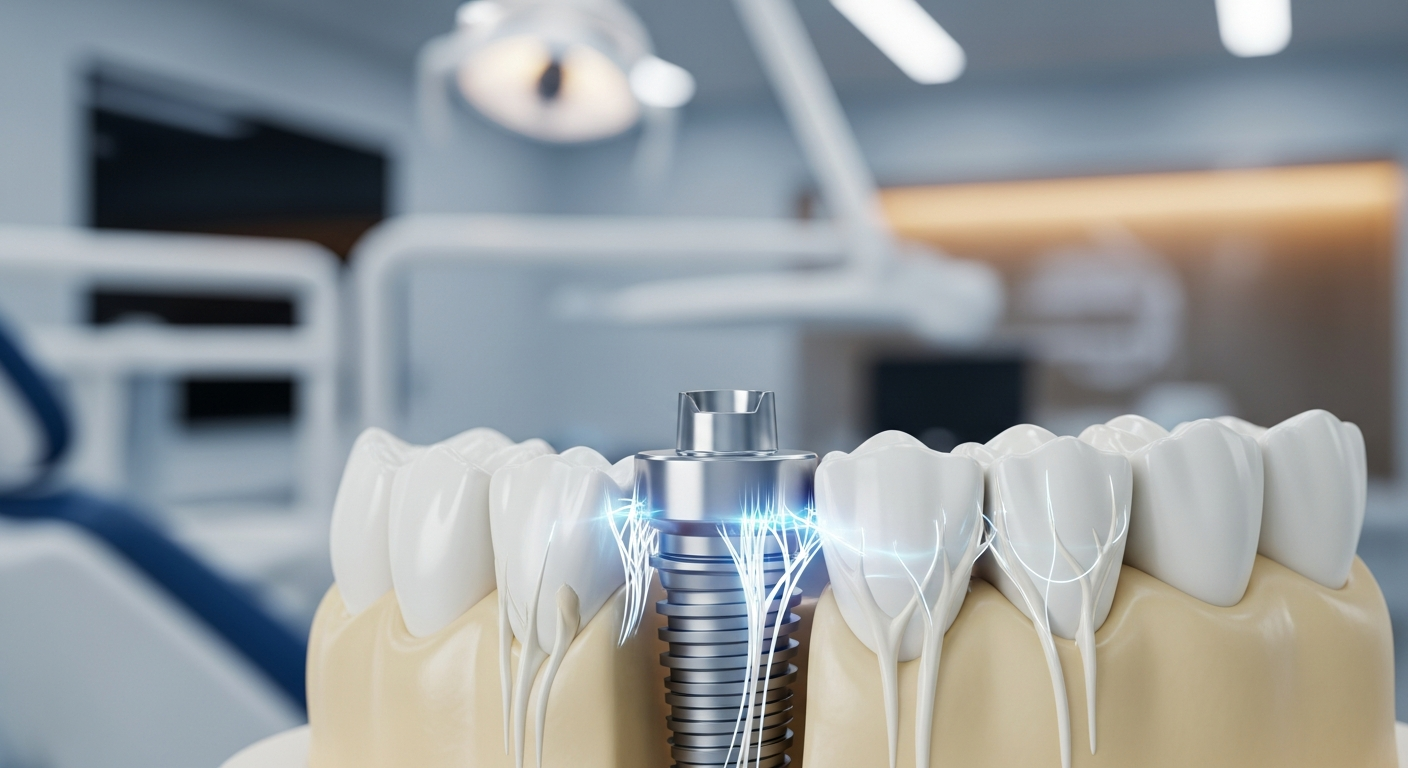






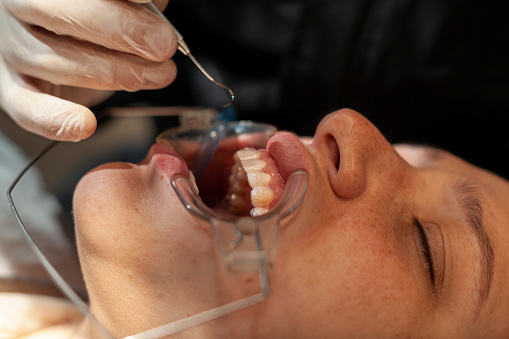

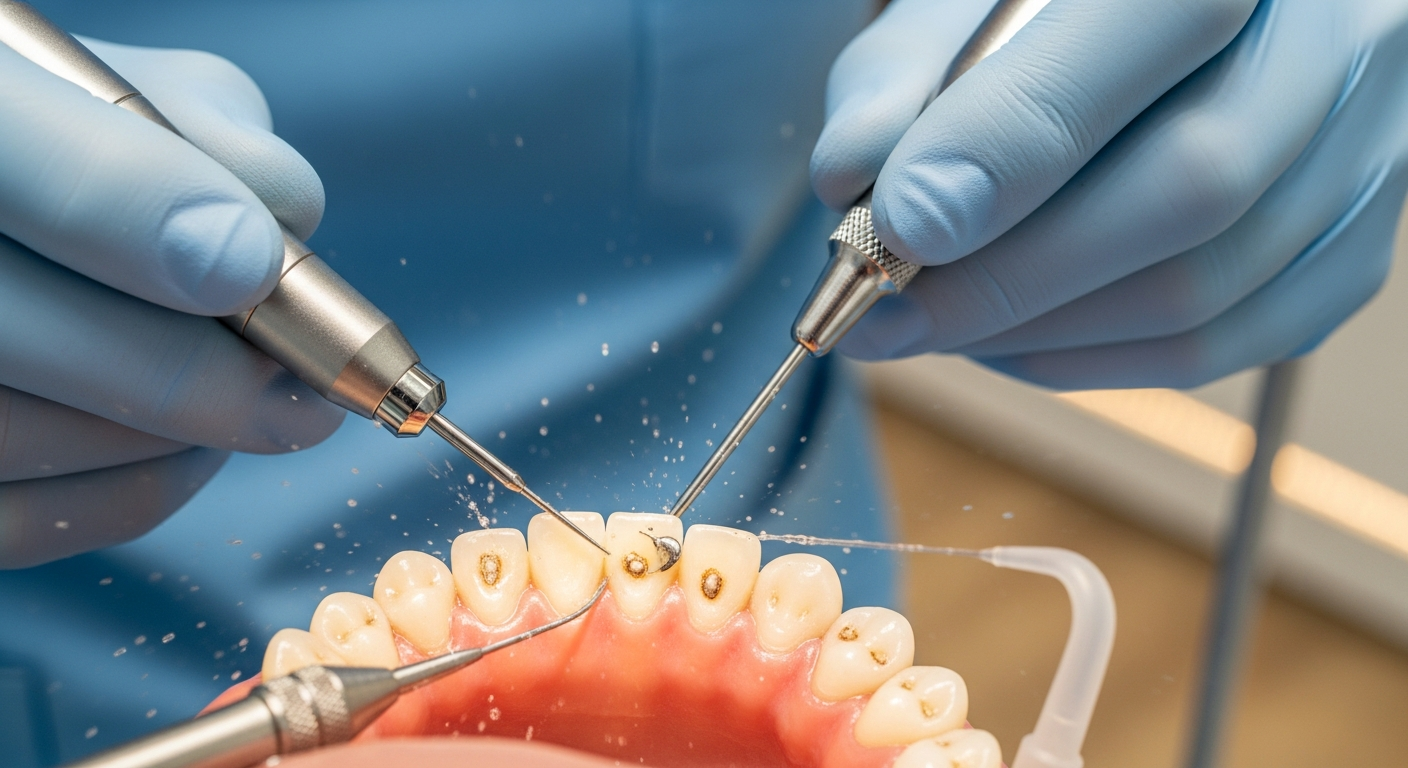


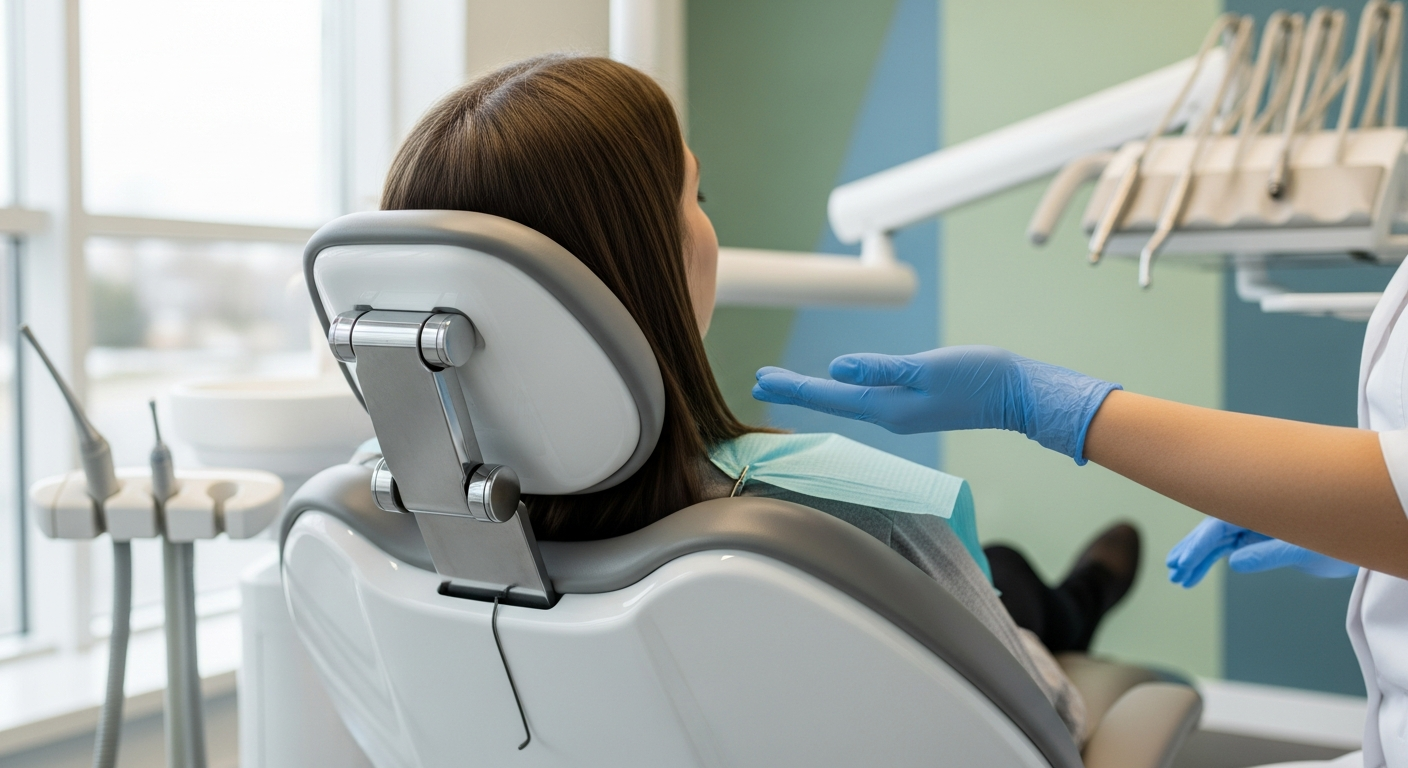

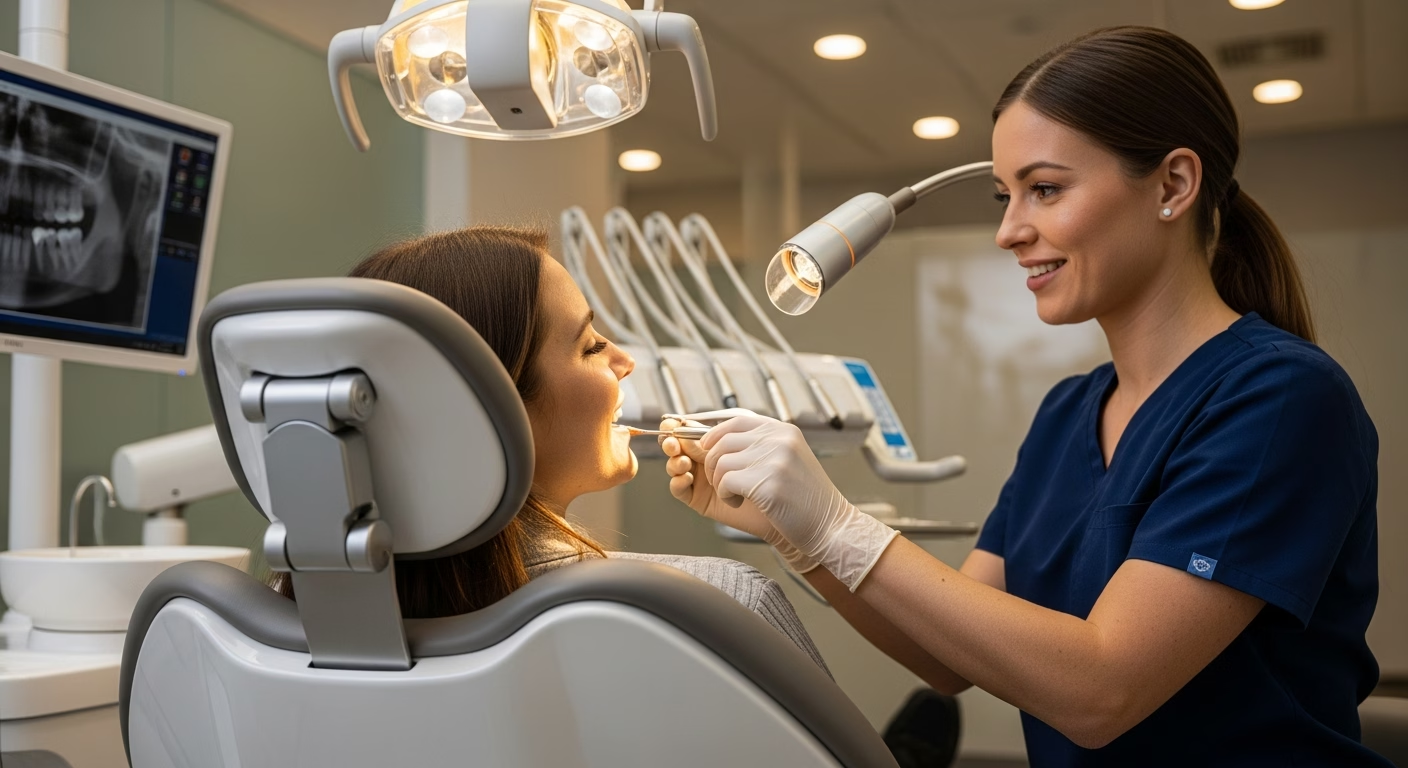
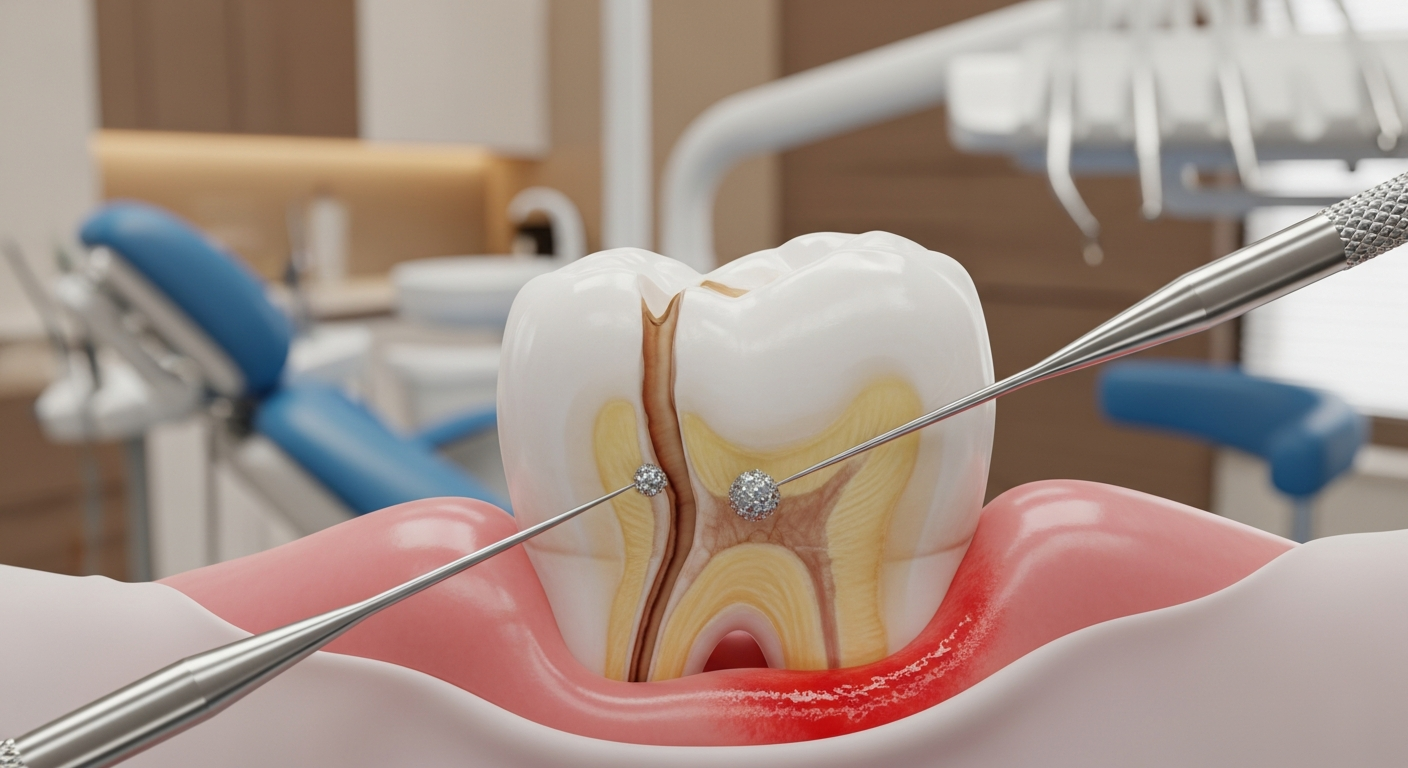




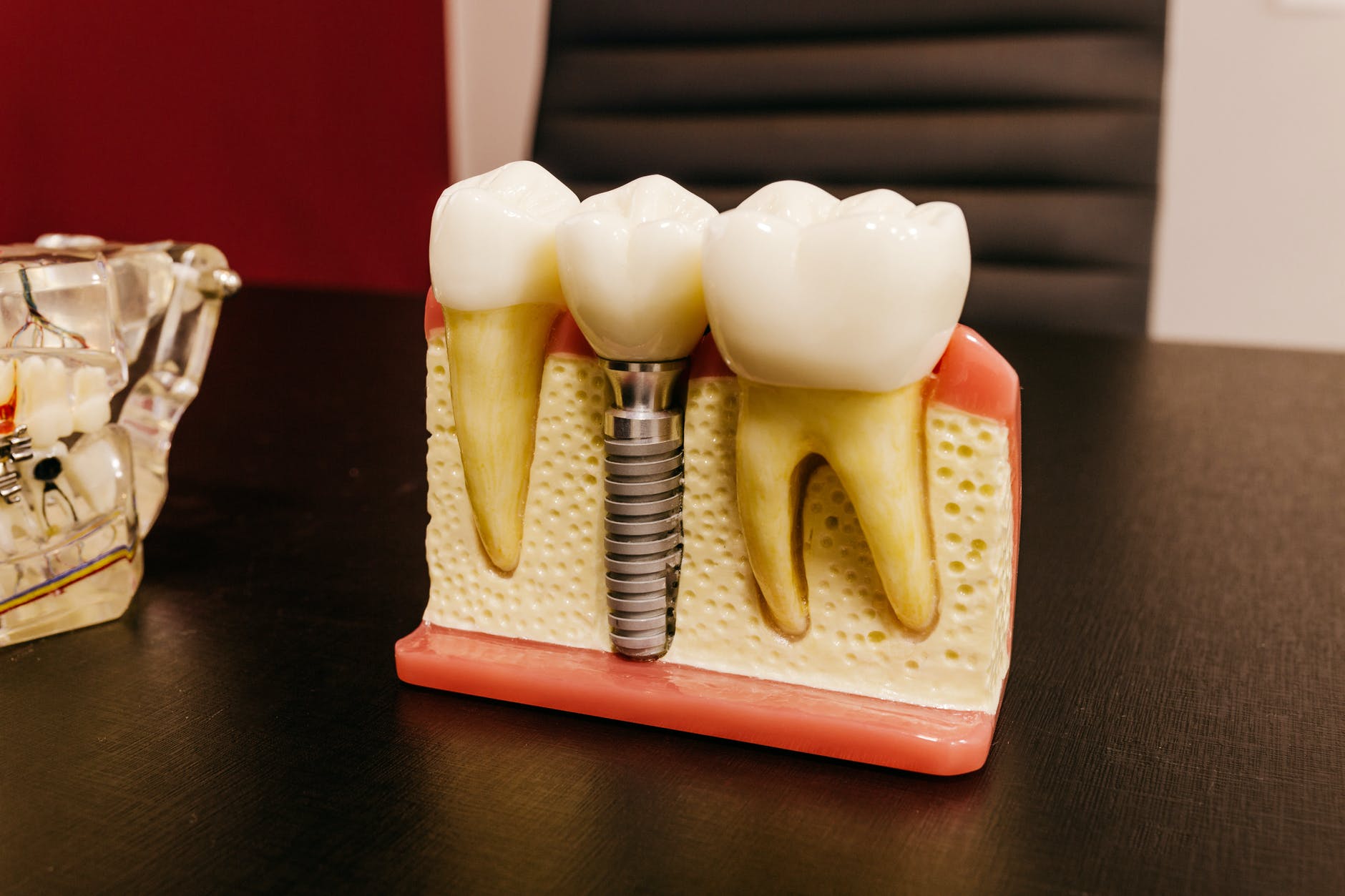


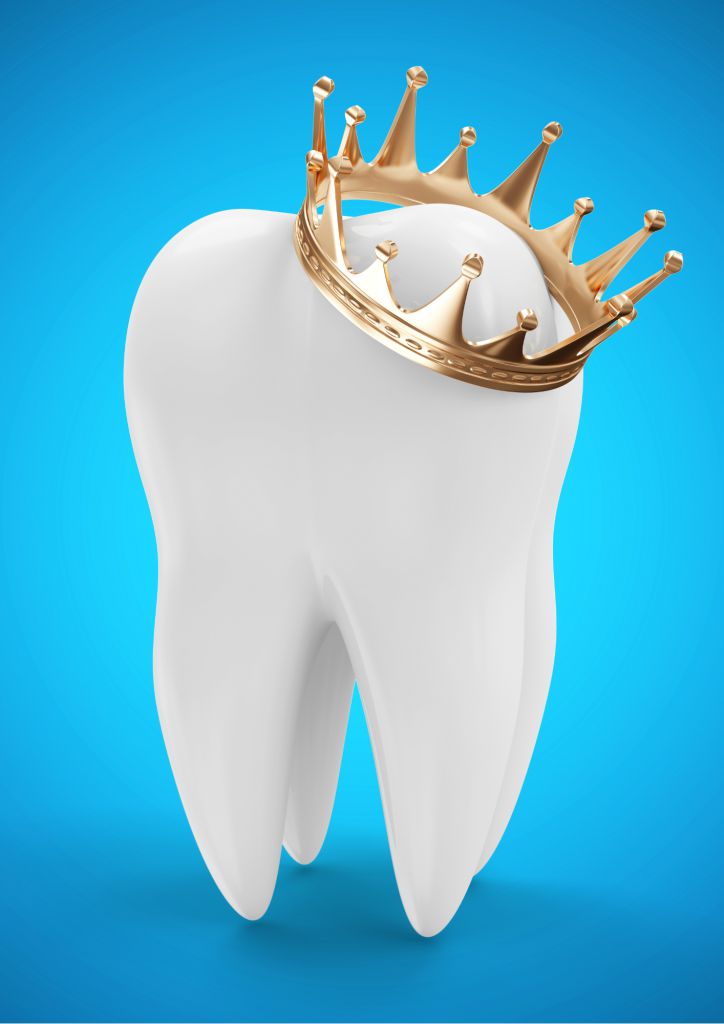







.avif)


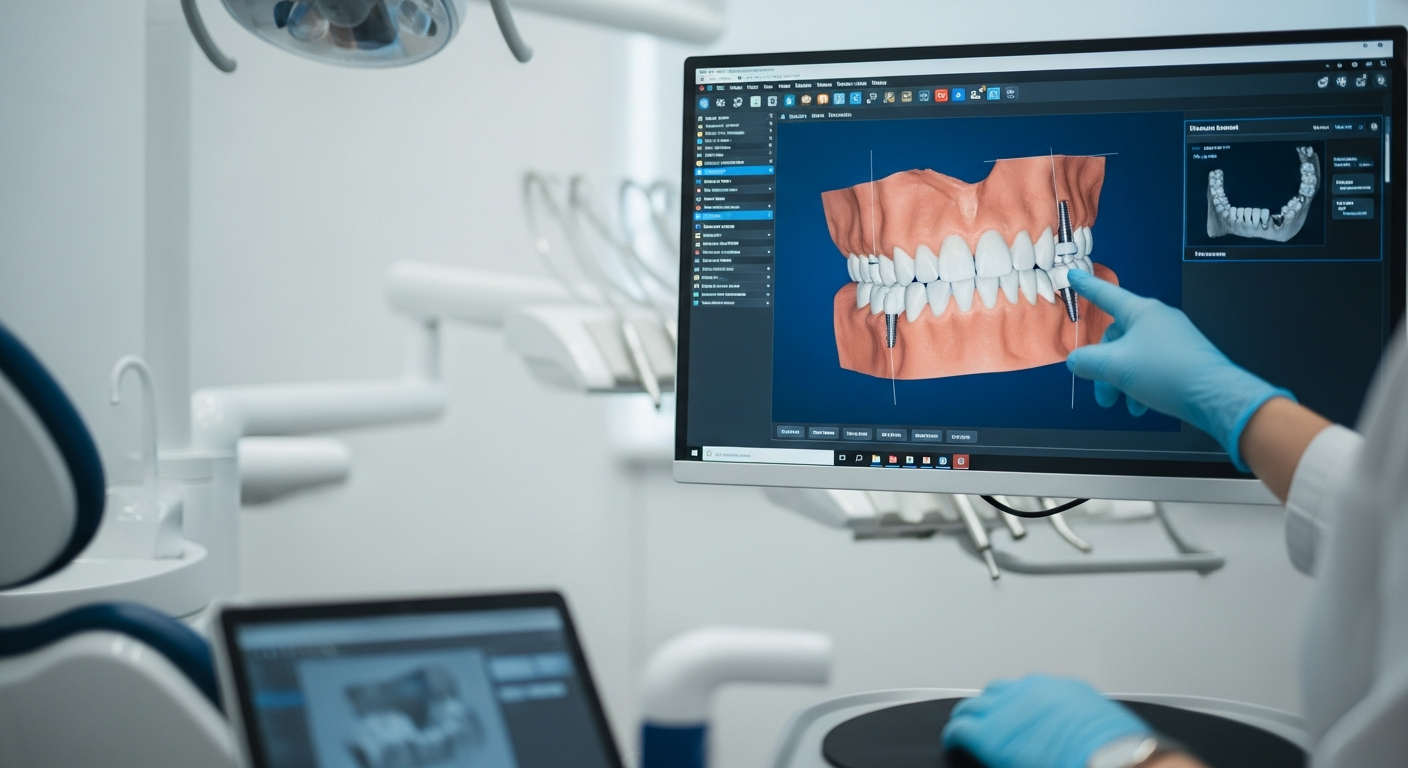



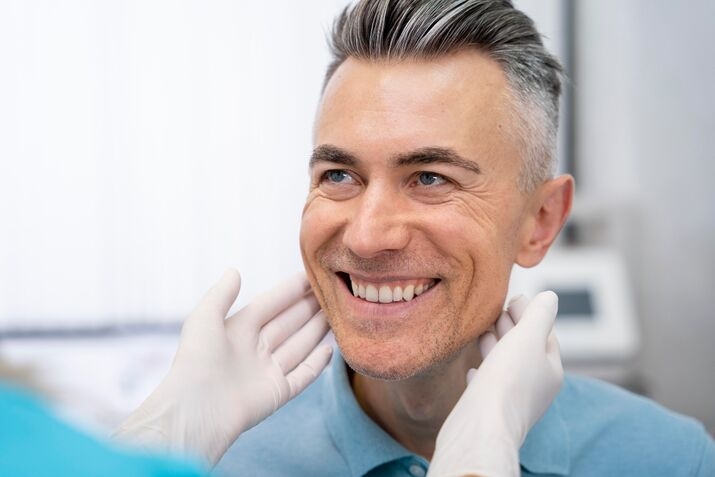
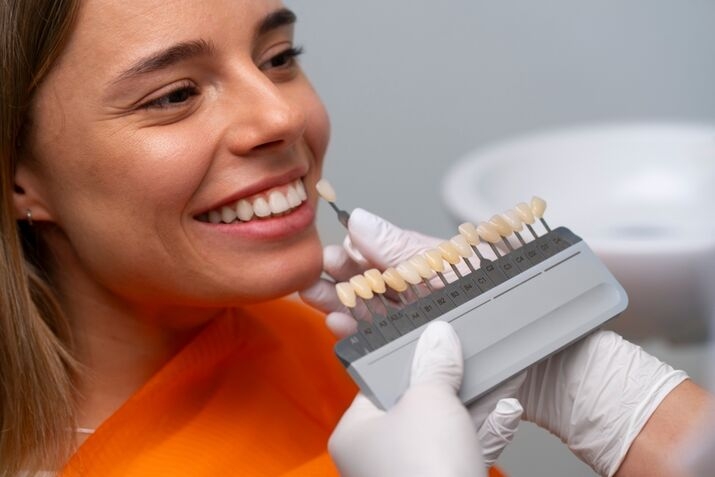
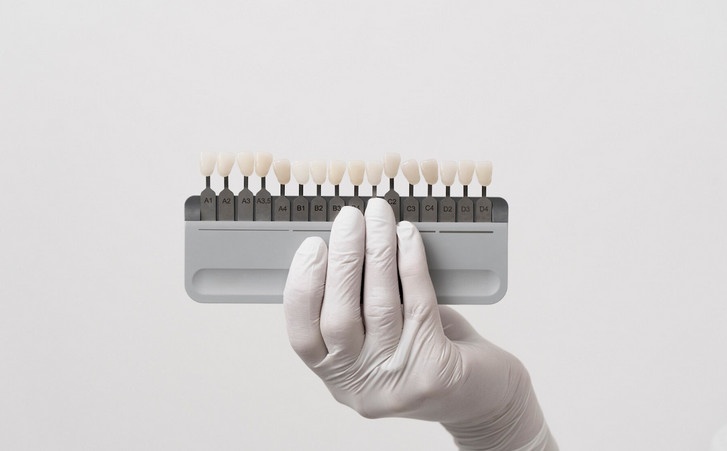

.jpg)


















.avif)


















.jpg)



